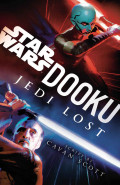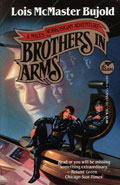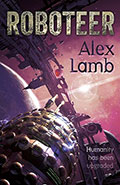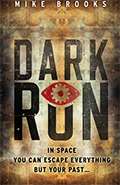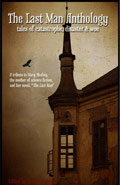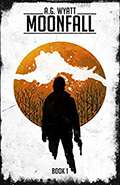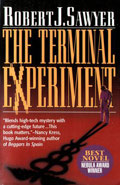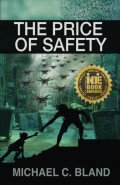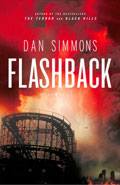Raft
By Stephen Baxter

- Raft
-
Author: Stephen Baxter
-
Publisher: Gollancz
- ISBN: 978-1473224056
- Published: July 1991
- Pages: 256
- Format reviewed: Paperback
- Review date: 20/08/2018
- Language: English
Raft was originally a short story published in Interzone back in 1989. Baxter admitted struggling to contain the story to such a short space however and eventually Raft became the authors first published novel. It's also the first book in the authors Xeelee sequence (although no Xeelee make an appearance). It was nominated for both the Arthur C Clarke and Locus First Novel awards in 1992. The SF Masterworks edition includes a warm, personable introduction by Alastair Reynolds.
Raft is set in an alternative universe to our own, where that ever present but weak force gravity is a billion times stronger. As a result stars are much smaller - only a mile across - and they burn out much faster. Even human bodies (and other creatures) have their own notable gravatational force. Into this universe crashes a starship from Earth.
We join the story 500 years later as the descendants of that ship struggle to survive amidst a nebula, divided into two main groups. The miners excavate raw materials from the core of a dead star, and live on "the belt" a number of ramshackle buildings orbiting the deceased celestial object. The raw materials are traded with those who live on "the raft", a structure that has been build from the remanants of the starship. The raft is home to a number of scientists who preserve the knowledge that makes survival possible.
Rees is our protagonist, a curious minor miner who stows away on a flying tree embarked on a trip to the raft. What he finds will change his world, and humanities hope for survival in this harsh universe.
One of the things that immediately stands out about this book is how accessible it is, given it's subject matter. Raft is seen as "hard" science fiction and does a wonderful job of exploring how such a universe might exist but does so without getting bogged down in too much detail or relying on techno-babble. Instead it's through Rees' journey and the characters he meets that we piece together how all this might work.
As you'd expect, given the degree of gravity, there aren't any planets, stars burn briefly and nebula don't last that long. The indiginous creatures that do exist are stranger that you can imagine, and yet fit well in Baxters pocket universe.
Although Raft was Baxter's first book, as Reynolds mentions in his introduction - Baxter honed his writing skills with his short stories for Interzone before-hand. As a result Raft feels like the work of a much more mature and experienced author. The plot moves forward consistently, with a steady pace, and the ideas really do energize your imagination. This is a book that makes you think. It isn't just an exploration into how such a universe might exist, or how gravity might behave as a major force, but also a social commentrary on class and equality (or lack thereof), imagining how people might survive and adapt (or not) in such a situation.
Raft earns a rightful place in the SF Masterworks, it's intelligent, thought-provoking, creative, accessible fiction wrapped up in a solid, entertaining story.
Written on 20th August 2018 by Ant .
